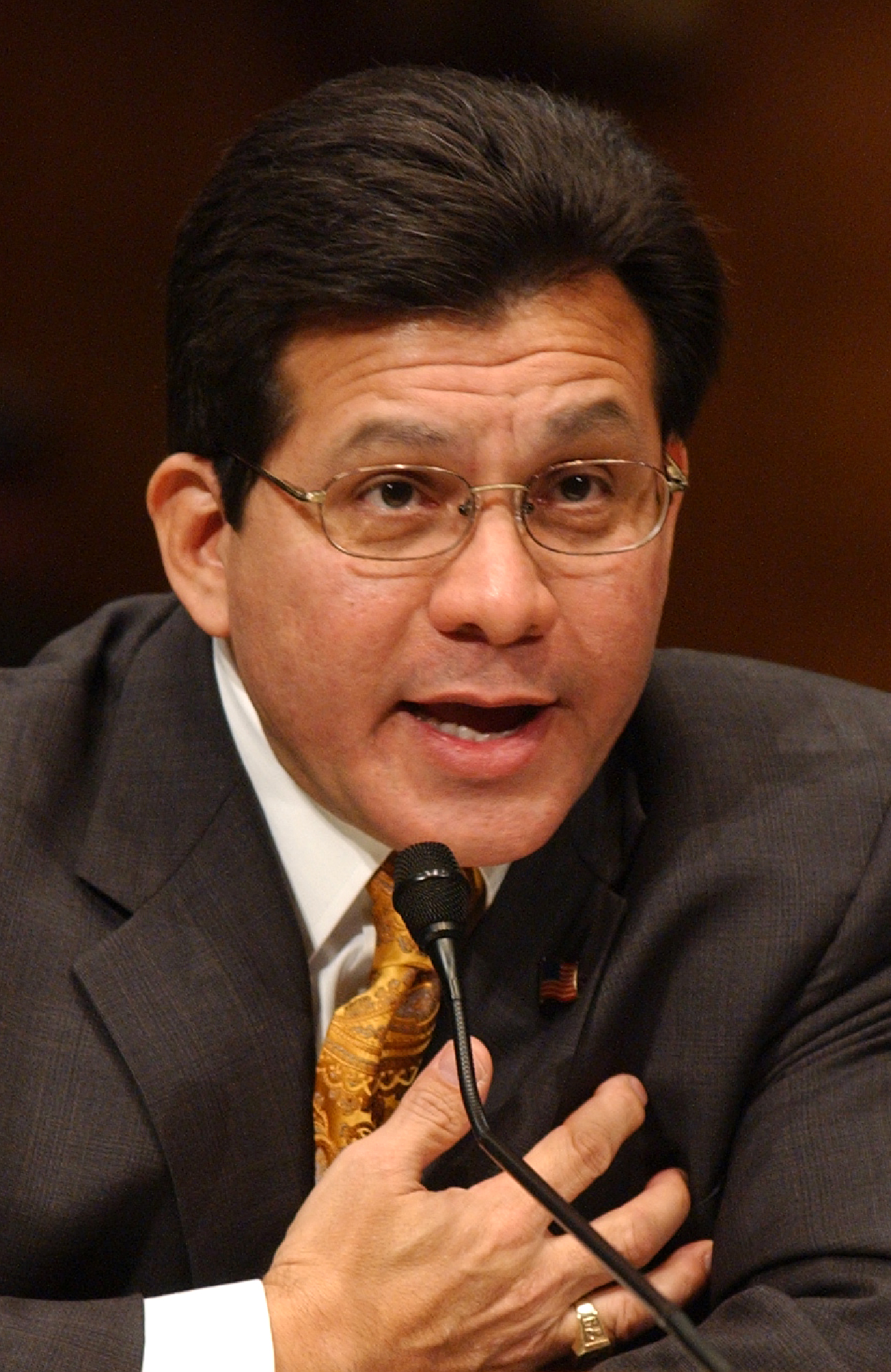ATLANTA -- The federal immigration system is broken -- that's the message heard over and over again Monday during the first Southeast immigration summit.
Law enforcement, politicians, faith and community leaders gathered in Atlanta to talk about immigration and its effect on the economy, faith and public safety.
"This is the first time we've seen faith, business and law enforcement leaders gather in one place. From here, the next step is to strengthen these relationships," said Ali Noorani, executive director of the National Immigration Forum, the organization behind the event that supports public policies that welcome immigrants and refugees to the United States.
About 150 people attended Forging a New Consensus on Immigrants and America, an all-day summit in which leaders from six states -- Alabama, Florida, Georgia, North and South Carolina and Tennessee -- discussed immigration in the Southeast, which has increased in states such as Alabama more than 300 percent in a decade, and the need for federal immigration reform.
The consensus from everyone, from local politicians to faith leaders to former U.S. Attorney General Alberto Gonzales, the keynote speaker, was that the immigration system is not working and it's something that should be addressed by the federal government and not the individual states.
"The immigration process is broken, and our immigration strategy is at best outdated and at worst ineffective," said Gonzales, the first attorney general of Hispanic heritage. "Achieving the right immigration policy is really hard because it impacts families, foreign policy, national security, the essence of who we are as a country."
No teeth
State laws really don't have the "teeth to be able to do anything about [immigration]," said David Pennington, mayor of Dalton, Ga., who attended the summit. Dalton has a Hispanic population of about 48 percent.
States, including Georgia and Alabama, continue to pass legislation to enforce immigration, considered by some as the toughest in the country. But so far this year, the number of bills introduced and passed in state legislatures has decreased, according to the National Conference of State Legislatures.
In the first quarter of 2012, 865 bills and resolutions relating to immigrants and refugees were introduced in 45 state legislatures and the District of Columbia, the group reported, marking a 44 percent decrease over the first quarter of 2011.
And by the end of March, 27 states had enacted 24 laws and adopted 74 resolutions, a decrease of 30 percent from the same time last year.
The rapid change in demographics in the Southeast is one of the leading factors contributing to the increase in immigration-related legislation over the last decade.
"The actual reason why states in Southeast are leading the way is because it's changing," said Charles Kuck, an Atlanta-based immigration attorney. "As a country, we love immigrants from the past, but we have never liked current immigrants."
And most immigrants have come to the Southeast for jobs, so one of the big topics surrounding unauthorized immigration is its impact on employment and documented workers.
Benefits seen
Although it's hard to come up with concrete numbers, Julie Hotchkiss, a research economist and policy adviser with the Federal Reserve Bank of America, said there is some benefit to companies that hire unauthorized workers. For instance, unauthorized employees are 28 percent less likely to quit a job than documented workers, she said.
And firms that employ undocumented workers survive longer in the market than identical firms that don't, she said.
Brian Anderson, president of the Dalton-Whitfield Chamber of Commerce, said the influx of Hispanics to the Dalton area never affected wages in the manufacturing industry.
"[Companies] hire based on skill sets regardless of where someone was born," he said. "We have just as many Anglos, born and raised Daltonians, unemployed as there are those who have come from other places."
Pennington said now is the time for the federal government to act on immigration.
"The immigration flow has basically stopped because of the poor economy in America," he said. "This is the time to come up with a solution."
And he supports a solution that involves young unauthorized people, he said.
"Some of our best educated children in Dalton are undocumented immigrants," he said.
Gonzales, who served under President George W. Bush, urged both sides of the political debate to tone down the rhetoric. He said the country's immigration policy should include tougher penalties for employees who hire undocumented workers, promote commerce and legal migration.
"An immigration policy that encourages immigrants to come to the United States lawfully is going to help our economy," he told attendees. "There are some jobs Americans don't want and some skill jobs Americans are not available for."
But "Congress will have to decide how long these workers can work, how much they have to pay in taxes," he said.
Whatever the solution is, the government cannot deport the millions of people already here without authorization, he added.
"It would cripple our economy," Gonzales said.
Contact staff writer Perla Trevizo at ptrevizo@timesfreepress.com or 423-757-6578.

